The Hablar Conjugation in Spanish: A Guide | 2024 (with Examples)
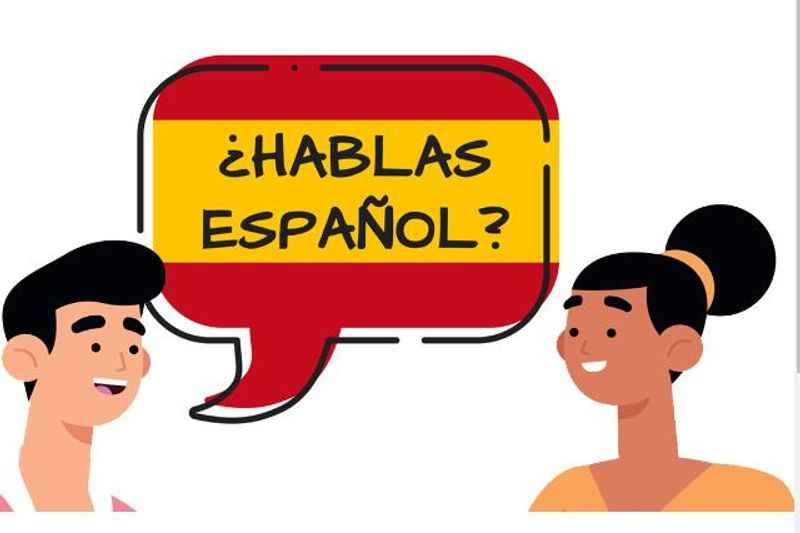
Welcome Spanish beginners! Today, we are going to explore the hablar conjugation in Spanish.
Hablar means "to speak" and it is a regular AR verb. Almost all other verbs ending in -ar, (the most common verb type in Spanish), are conjugated the same way.
So, many Spanish students often learn the hablar conjugation before any other verb.
In this article, we take you through all conjugated forms of hablar and when to use it in context.
The Present Tense
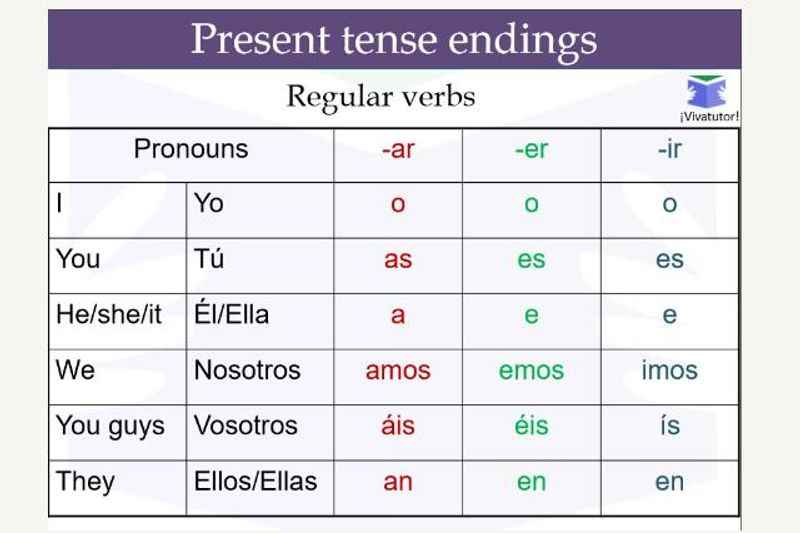
If we use a verb in the present tense, we are describing an action taking place right now. In Spanish, this tense is known as the presente del indicativo.
Let's look at the conjugation of the verb hablar in the present tense below.
- Yo hablo - I speak
- Tú hablas - You speak
- Él/Ella/Usted habla - He/She/You [formal] speak
- Nosotros hablamos - We speak
- Vosotros habláis - You speak (plural form)
- Ellos/Ellas/Ustedes hablan - They/ you plural speak
The Preterite Tense
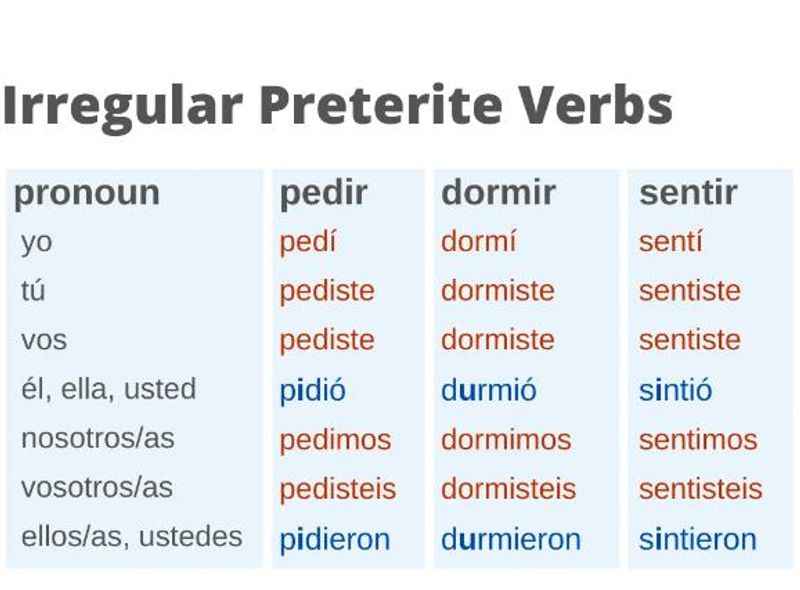
The Spanish preterite indicative form, referred to more commonly as the preterite tense, is used for past events that have already taken place at a fixed time. In Spanish, we call this el pretérito.
The preterite indicative form of hablar in English is "spoke."
Below, you can see hablar in the preterite tense in Spanish.
- Yo hablé - I spoke
- Tú hablaste - You spoke
- Él/Ella/Usted habló - He/She/You [formal] spoke
- Nosotros hablamos - We spoke
- Vosotros hablasteis - You spoke
- Ellos/Ellas/Ustedes hablaron - They/ you spoke
For irregular preterite endings, see our Guide to Irregular Preterite Endings.
The Imperfect Tense
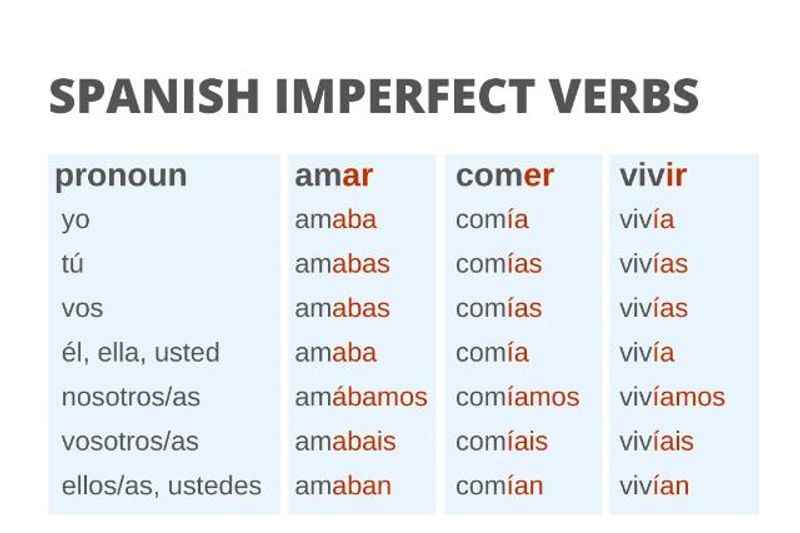
In Spanish, we use the imperfect indicative form, or imperfecto del indicativo or the pretérito imperfecto, to describe a past action or state of being without specifying exactly when it began or ended.
In English, this could be "used to speak" or "was speaking".
Below, you will see the verb conjugation for hablar in the imperfect tense.
- Yo hablaba - I was speaking
- Tú hablabas - You were speaking
- Él/Ella/Usted hablaba - He/she was speaking/ you were speaking
- Nosotros hablábamos - We were speaking)
- Vosotros hablabais - You were speaking
- Ellos/Ellas/Ustedes hablaban - They/ you were speaking
The Future Tense

The future indicative form, or futuro del indicativo in Spanish, is used to describe what will happen.
Below, you can see the conjugation for hablar in the future tense in Spanish.
- Yo hablaré - I will speak
- Tú hablarás - You will speak
- Él/Ella/Usted hablará - He/She/You [formal] will speak
- Nosotros hablaremos - We will speak
- Vosotros hablaréis - You will speak
- Ellos/Ellas/Ustedes hablarán - They/ you will speak
The Conditional Tense
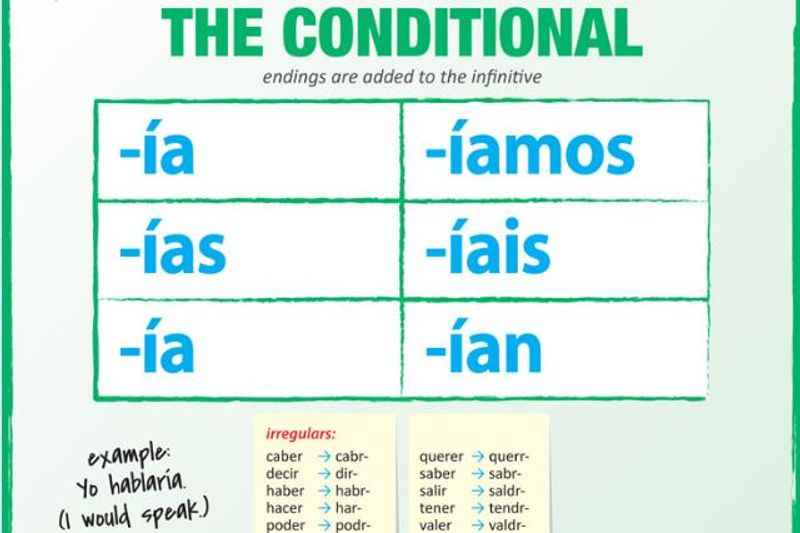
The conditional tense in Spanish, or el tiempo condicional, is used to express probability, possibility, wonder, or conjecture. In English, this translates as would, could, must have, or probably.
Here is the conjugation of hablar in the conditional tense.
- Yo hablaría - I would speak
- Tú hablarías - You would speak
- Él/Ella/Usted hablaría - He/She/You [formal] would speak
- Nosotros hablaríamos - We would speak
- Vosotros hablaríais - You would speak
- Ellos/Ellas/Ustedes hablarían - They/ you would speak
The Present Subjunctive

We now come on to one of the greatest causes of migraine amongst Spanish learners - our beloved subjunctive.
The use of the subjunctive depends on the mood. We use the subjunctive in Spanish in situations of doubt or desire.
For example, "when he arrives..." would be cuando llegue... because there is some doubt as to whether he will arrive.
Or, "I want you to speak with me in Spanish" would be said, Yo quiero que hables conmigo en español.
Below, you will see each verb conjugation for the present subjunctive form of hablar.
- Yo hable
- Tú hables
- Él/Ella/Usted hable
- Nosotros/Nosotras hablemos
- Vosotros/Vosotras habléis
- Ellos/Ellas/Ustedes hablen
The Imperfect Subjunctive
In Spanish, the imperfect subjunctive, or imperfecto del subjuntivo, is used to describe something in the past and is used in situations of doubt or desire.
You also use que with the pronoun and verb. For example, "Did you want me to speak with him tomorrow morning?" which translates to, ¿Querías que yo hablara con él mañana por la mañana?
The imperfect subjunctive has two forms, both of which are correct and interchangeable.
- Yo hablara/ hablase
- Tú hablaras/ hablases
- Él/Ella/Usted hablara/ hablase
- Nosotros habláramos/ hablásemos
- Vosotros hablarais/ hablaseis
- Ellos/Ellas/Ustedes halabran/ hablasen
The Past Perfect Tense

The past perfect tense is used to describe a completed action in the past.
It uses the past participle of hablar, which is hablado, alongside the imperfect conjugation of haber ("have").
- Yo había hablado - I had spoken
- Tú habías hablado - You had spoken
- Él/Ella/Usted había hablado - He/She/You [formal] had spoken
- Nosotros habíamos hablado - We had spoken
- Vosotros habíais hablado - You had spoken
- Ellos/Ellas/Ustedes habían hablado - They/ you had spoken
Other "Perfect" Conjugations of Hablar
Whenever we use haber ("have") in a conjugation, it is known as one of the perfect tenses.
We are getting deep into tenses, moods, and grammar now, so we will only touch on the following connjugations.
Present Perfect Subjunctive
The present perfect subjunctive of hablar translates as "have spoken" and is used in situations of doubt or desire.
For instance, espero que hayamos hablado suficiente sobre esto ("I hope we have spoken about this enough.")
Or, espero que hayan hablado de sus diferencias ("I hope they have spoken about their differences.")
Past Perfect Subjunctive
The past perfect subjunctive refers to actions in the past and is used to express doubt or desire.
Hubiera hablado means "I had spoken". This tense is usually used as part of a sentence in the conditional perfect tense.
Conditional Perfect Tense
Hablar in the conditional perfect tense is used alongside the past perfect subjunctive to express past desires or uncertainties.
For example, yo habría hablado con ella si hubiera hablado conmigo ("I would have spoken to her if she had spoken to me.")
Yo habría hablado con ella is in the conditional perfect tense while si hubiera hablado conmigo is in the past perfect subjunctive.
Once you understand these two tenses, it's fun to make your own sentences. Try the prompts below:
- Habríamos hablado con ellos si... ("We would have talked to them if...")
- Habrían hablado durante horas si... ("They would have talked for hours if...")
- Si, meaning "if" is important for this tense and mood.
Future Perfect Tense
This tense is used to discuss things that "will have" happened at a specified time in the future.
- Para mañana, él habrá hablado con el jefe ("By tomorrow, he will have spoken with the boss.")
The Affirmative Imperative
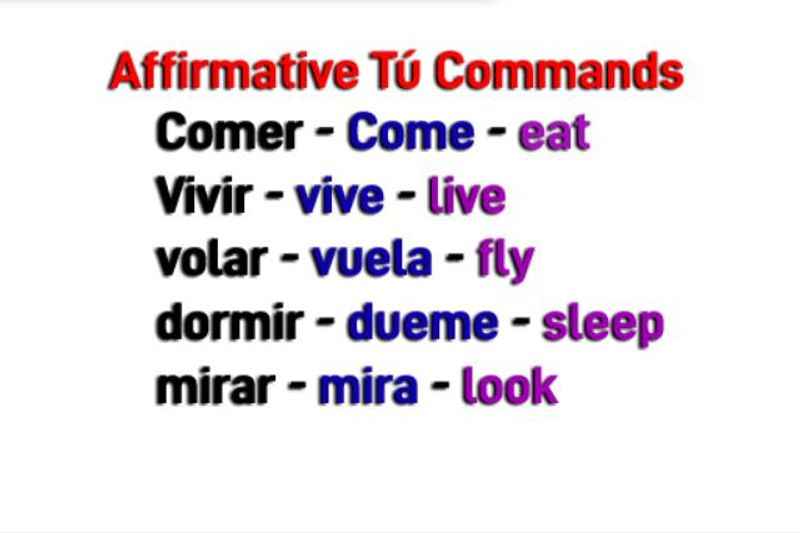
The imperative, or imperativo in Spanish, is one of the easiest forms of hablar to remember.
However, its conjugation depends on who you are speaking to (and whether this is formal or informal).
The imperative form is used to give commands or orders. For example, "Speak more slowly, please. I don't understand you" translates to Habla más despacio, por favor. No te entiendo.
The Negative Imperative
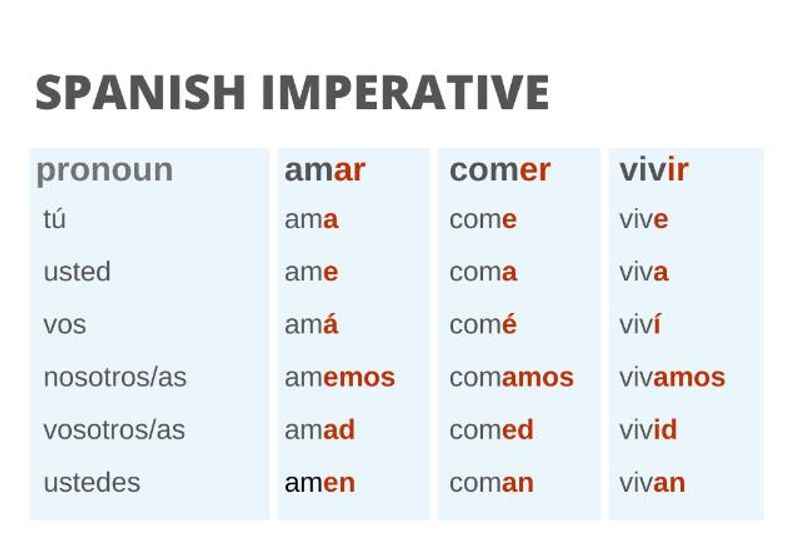
The negative imperative form of the verb hablar is also straightforward.
When you are telling somebody not to do something, the conjugation of the verb changes. Look at the table below to see how this works.
Summing Up the Hablar Conjugation in Spanish: A Guide
As you can see, learning to conjugate the verb "to speak" (hablar) in Spanish is fairly straightforward as it's a regular verb.
This is one of the first verbs you will learn as you begin to speak Spanish. Once you can conjugate hablar in multiple tenses, you will be well-equipped with the grammatical knowledge to excel in Spanish.
Try practicing your tenses with someone else who speaks Spanish online or in person. Hablando ("speaking") in Spanish is the best way to practice.
What will be the next Spanish verb that you master?







